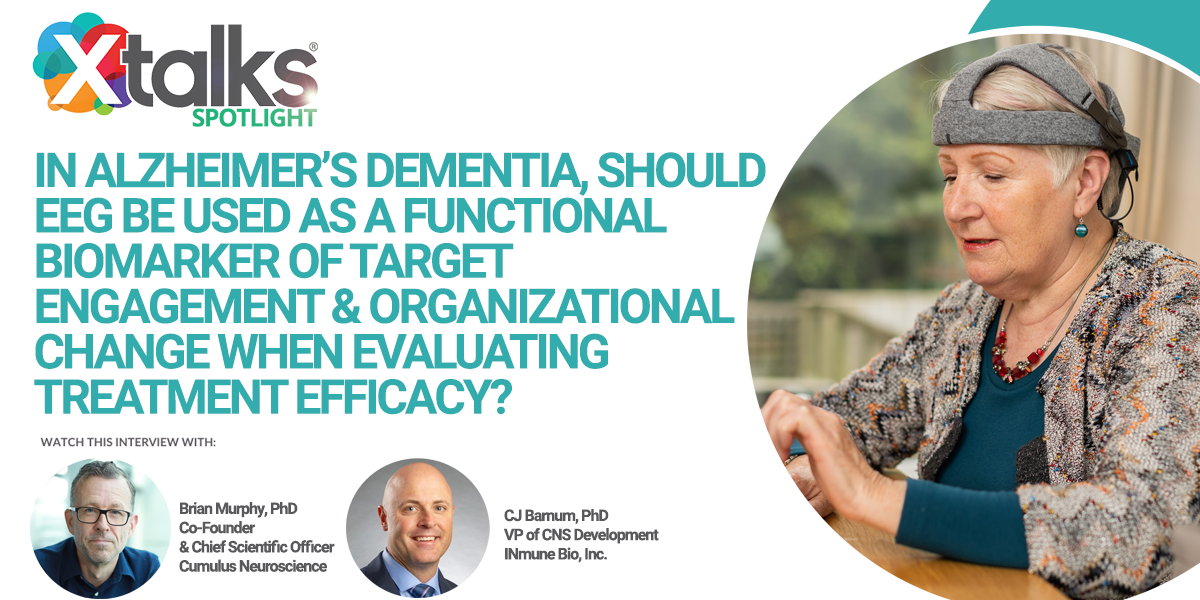Health disparities continue to exist around the world, even in developed countries like the US. Historically marginalized communities often fall through the gaps in medical systems due to socioeconomic, racial, gender, sexual orientation, education, disability and geographic divides that serve as barriers to accessing adequate health care.
Health disparities are exacerbated by the issue of medical mistrust, which spans generations in communities that have experienced historic discrimination and abuse in medical systems. Racism and discrimination in health care persist even today and can often manifest through unconscious biases, making it important for healthcare providers to receive the necessary training and education to help mitigate them.
In oncology, the disparities are perhaps more pronounced compared to other areas because of the complexity of the disease and stigmas around cancer.
There are countless statistics outlining who is affected worst by breast cancer and who has the worst outcomes. Black women are 41 percent more likely to die from breast cancer than white women, three times more likely to be diagnosed at a younger age and later stage of the disease and less likely to be offered a clinical trial. Only three percent of women are included in clinical trials despite making up 12 percent of new breast cancer cases in the US.
Speaking to Xtalks, Dr. Monique Gary, a Breast Surgical Oncologist and Medical Director at the Grand View Health/Penn Cancer Network in Sellersville, Pennsylvania, explained that there is a lot of work to be done from every stakeholder, including physicians, researchers and patients who have to work together to address the issues to elicit changes to these statistics.
Related: Why Black People Remain Underrepresented in Clinical Trials
Breast Cancer Awareness and Medical Mistrust
Conversations about cancer are a challenge in communities like the Black community. Breast cancer awareness in the Black community is often hindered by secrecy, as people simply don’t like to talk about their health and disease and have the expectation of being strong, explained Dr. Gary.

Breast Surgical Oncologist
Medical Director
Grand View Health/Penn Cancer Network,
Sellersville, Pennsylvania
“How many times have you heard strong and Black woman put together in a sentence?” she asked. This expectation to be strong becomes internalized and “It robs us of the opportunity to be vulnerable, to express what we need, to share our disease and we don’t discuss our family history.” She says this really prevents us from understanding more about how cancer impacts our community.
The problems around breast cancer awareness and care do not all fall on the patient and community alone of course. Systemic issues of racism and bias make the standard of care less likely to even be prescribed in many cases. For example, despite having 30 percent more dense breast tissue, Black and Brown women are less likely to get 3D mammograms compared to white women, explained Dr. Gary.
Compounding this is medical mistrust. “The very first doctors that Black people in this country encountered were on slave ships to keep them alive long enough to sell them. That’s your first experience with a doctor. So you may not pass down good things about healthcare throughout the generations.”
She shared how her grandfather who grew up in South Carolina would talk about the colored hospital as “a place you went to die because they didn’t have enough money, resources or enough doctors that you needed.” This is what you learned and heard growing up, said Dr. Gary.
Over time, socioeconomic marginalization, lack of education/awareness and medical mistrust create issues of access that in turn result in health issues such as comorbidities like high blood pressure and diabetes as well as inadequate screening and prevention.
How Breast Cancer Patients Can Advocate for Themselves
One of the most important ways you can start to advocate for yourself is to bring an advocate with you. A breast cancer diagnosis can be overwhelming so having a person you trust to be there with you to ask questions, take notes and repeat back what was said can be very helpful and often necessary, said Dr. Gary.
She also encourages people to do their own research and bring that information to their doctors to help them interpret it to see what is true and real.
Importantly, as a clinician, Dr. Gary said her approach is to start off with listening to see what the patient understands about breast cancer and their diagnosis.
“I let that patient and family explain what’s going on. Sometimes the answer is absolutely nothing, and that’s okay as that sets the tone for engagement. It helps the patient feel seen and valued in the discussion, which is the most important thing.”
Other ways to advocate include asking for evidence-based guidelines to understand what the standard of care treatments are and why.
Obtaining a second opinion is also encouraged because it is a big part of having autonomy over decisions about your life, body and relationships.
Dr. Gary said she feels the best question to ask your doctor is “What would you do if your loved one was sitting in that seat, or if you were in that seat?” as it immediately reminds the clinician to consider the humanity of the person in front of them.
Ways to Overcome Breast Cancer Health Disparities
The solution to eradicating health disparities is multifaceted. It includes addressing root causes, which include implicit and unconscious biases in health care systems, better engaging patients to have meaningful conversations about their health and educating patients about their participation in clinical research.
Resources, research and racism are the three ‘R’s that Dr. Gary says are important to address.
Resources include offering the standard of care and other supportive care like psychosocial support. Research should be more inclusive and reflect affected populations so that the research is meaningful. Addressing racism in health care must involve tackling inherent and implicit biases and blind spots, says Dr. Gary. There is “a need to train ourselves to see each person as unique instead of saying I don’t see color.”
Addressing these elements “creates for a better encounter so we know it’s more likely the person is going to be offered all of the things regardless of how they look, who they worship and what the color of their skin is.”
Here more of the interview with Dr. Monique Gary in this Xtalks Life Science Podcast episode: Interview with Breast Surgical Oncologist Dr. Monique Gary on Cancer Health Disparities












Join or login to leave a comment
JOIN LOGIN